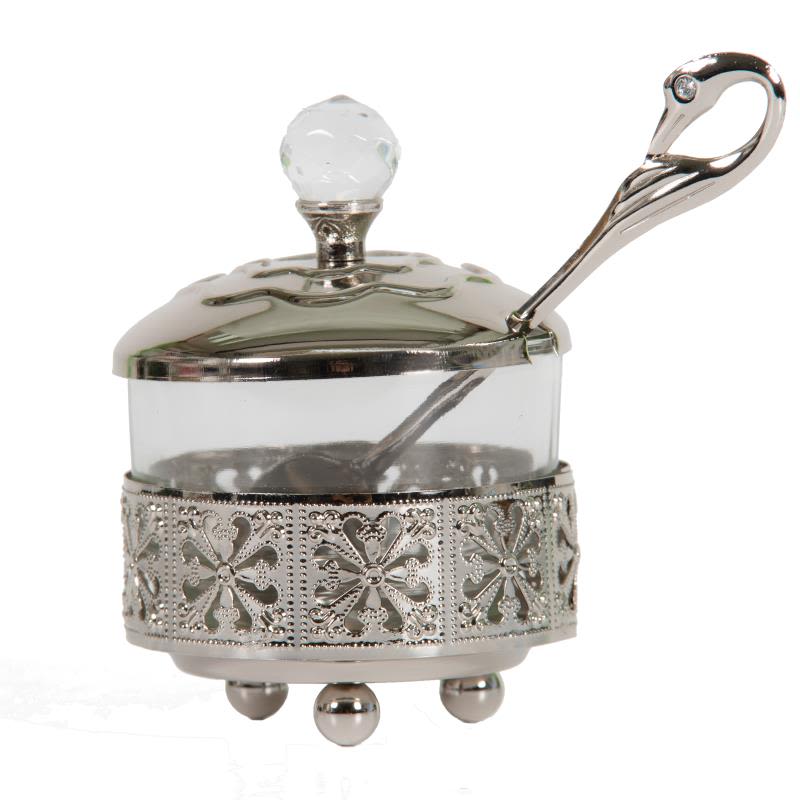Whenever we express our gratitude – especially with song and joy – we work miracles and invoke phenomenal Divine compassion. The entire task of a Jew is to give thanks, for the Hebrew word for Jew, Yehudi, means “one who gives thanks.” If you thank Hashem for everything, you won’t have to run after rebbes and Kabbalists to ask for blessings because you’ll be blessed in every single way. On the other hand, if a person persists in crying and complaining, no blessing will help him.

One young woman told me that she began writing down the miracles and the big blessings that Hashem does for her in a little notebook that she keeps in her purse. Ever since, she’s always happy because she’s always thanking Hashem. Her life has turned into paradise on earth.
Another young man in our Yeshiva was sued for money that he never owed. The company that was suing him had an entire staff of lawyers who had all kinds of circumstantial evidence against him. The young man went up in the hills north of Jerusalem, and thanked Hashem for two hours, telling Hashem how much he appreciates the wake-up call and making a firm resolution to appreciate Hashem’s many favors and to strengthen his prayer and his gratitude. Within 48 hours, he received a letter from the lawyer apologizing for the mistake and misunderstanding. Who knows how many thousands of dollars in legal fees and hours of court battles would have been required for him to prove his innocence. Who says the court wouldn’t have ruled against him? We have all kinds of stories like this, about how personal-prayer sessions of gratitude – literally thanking Hashem for their troubles – saved people from severe and harsh judgments.
Hashem has given me the privilege to see with my own eyes how people in Israel and abroad have made comebacks from even terminal illnesses when the doctors had already given up all hope. How! They simply took my advice and started to thank Hashem for the terminal disease! They thank Hashem for the fact that there’s no one left to depend on but him! There are dozens of people that we know about who were smart enough to do so. Many people have written us that the doctors gave them a few weeks or months to live, and they’re still with us a year or two later. Some people have seen malignant growths disappear altogether.
Emuna teaches us that there’s no such thing as bad in the world. If a person thinks that there’s a concept of bad in the world, it’s simply because he hasn’t yet learned a book by the name of The Garden of Emuna. No two people have the same mission in the world; therefore, everything Hashem does is for the very best, to guide each individual along his or her unique path and ultimate soul correction.
Are you having a tough time in life? Maybe it’s because Hashem wants you to make a right turn instead of a left. Do you have a so-called friend that’s giving you a hard time? Maybe Hashem wants you to associate with other people. Have you lost your job? Maybe Hashem wants you to learn to appreciate what you have, and maybe Hashem has a better job in store for you? So without losing your job, you may have stagnated for years in the same place. We all have to open our eyes and observe how every single thing that happens to us in life is for our ultimate benefit. Once we start thanking Hashem, all stern judgments are totally mitigated, what the Zohar calls “sweetened at the source.”
Our expressions of gratitude to Hashem have the unequivocal power to convert harsh judgments into total compassion and loving-kindness.
How can Rebbe Nachman say that there’s no bad in the world at all? Simple – since Hashem does everything for the best, then everything Hashem does is good, and we should thank Him for it! From the standpoint of emuna, complaining that something is bad is the worst form of heresy. No wonder crying and complaining cause calamity.
A person’s notion of bad is when his desires are different than Hashem’s desires for him. As such, a person that encounters difficulties when he’s not doing what Hashem wants him to do is liable to think of a situation as bad. Let’s see a few examples: suppose you dream of landing a certain soulmate, but he or she rejects you. Now you become depressed and broken-hearted because you didn’t get your way. Instead of crying and complaining, you should be thanking Hashem, because that person was not your soul-mate! He or she would have made a terrible partner for you in marriage. Let’s take another example: you’re devastated because you weren’t accepted into medical school. Maybe your soul correction is to be a teacher? Maybe Hashem wants you to be a spiritual leader, a doctor of souls instead of a doctor of bodies? So stop crying and thank Hashem – everything He’s doing is for your very best!
People think that thanking Hashem for everything – for the good and the seemingly opposite – is some kind of Breslever nonsense. Sorry – it’s an absolute obligation mentiond in the Gemara and codified in Jewish law (see Shulchan Aruch, Orach Chaim 222:3).
Any person that makes expressions of gratitude a daily part of his or her life – for everything Hashem does, the good and the seemingly otherwise – will see tremendous miracles and solutions to problems that he never dreamed could be solved.
So, what can we do to rectify the terrible trait of ingratitude, crying, and complaining? Two things:
First, we should devote half of our daily hitbodedut – 30 minutes a day – to asking Hashem to help us overcome the terrible trait of ingratitude, until we really feel the change within us and we start thanking Hashem for every single blessing in life, the good and the seemingly opposite.
Second, our sages say that whoever lacks gratitude to his fellow man will certainly lack gratitude to Hashem. Therefore, we should make a special effort to say thank you to anyone that does a favor for us, especially to our parents and our spouses. By the way, if you have a problem with marital strife, you can solve it in a minute: just buy a little pocket notebook and jot down all the favors that your spouse does for you every single day. 99% of shalom-bayit problems stem from ingratitude.
Rebbe Natan said that nothing will help us until we learn to say “Thank you” to Hashem. If you lack something, whether it be a soulmate, a job, or children of your own, thank Hashem for an hour a day for your deficiency and you’ll see major miracles.
Rebbe Nachman says that when humility spreads in the world, Moshiach will come. Gratitude is in effect humility, when a person expects nothing and appreciates everything Hashem gives him. On the other hand, ingratitude goes hand-in-hand with arrogance, when a person has a sense of entitlement and thinks he the whole world owes him; he’s then upset with Hashem when he doesn’t get what he wants. So, the more people thank Hashem, the sooner Moshiach will come!
The more a person internalizes the principles of emuna, the more he or she will realize that everything is for the best.
I urge everybody to walk around with a little notebook in their pocket, to pay attention to life’s miracles – both big and small – write them down, and thank Hashem for them every day during your personal prayer session. This little notepad will save your life. When you begin thanking Hashem for everything, then Hashem will give you many more reasons to thank Him. Not only will you see miracles, but solutions and salvations to the terrible problems and predicaments that you never dreamed of successfully overcoming.


 One young woman told me that she began writing down the miracles and the big blessings that Hashem does for her in a little notebook that she keeps in her purse. Ever since, she’s always happy because she’s always thanking Hashem. Her life has turned into paradise on earth.
One young woman told me that she began writing down the miracles and the big blessings that Hashem does for her in a little notebook that she keeps in her purse. Ever since, she’s always happy because she’s always thanking Hashem. Her life has turned into paradise on earth.









2/20/2020
im so much happier now!
6/24/2009
Just what I needed to hear! Thank you Rabbi Arush for this article on emuna. My family is going through a very distressing time financially and my father is very ill. My siblings and I have often said that this has been the most horrible year we can remember our family going through. We live in constant fear, worry, distress and even depression. Your article has reminded me that Hashem has also blessed us with so much good. I’m starting my notebook today. I see a glimmer of light already. Toda Rabah!!!
6/24/2009
Thank you Rabbi Arush for this article on emuna. My family is going through a very distressing time financially and my father is very ill. My siblings and I have often said that this has been the most horrible year we can remember our family going through. We live in constant fear, worry, distress and even depression. Your article has reminded me that Hashem has also blessed us with so much good. I’m starting my notebook today. I see a glimmer of light already. Toda Rabah!!!